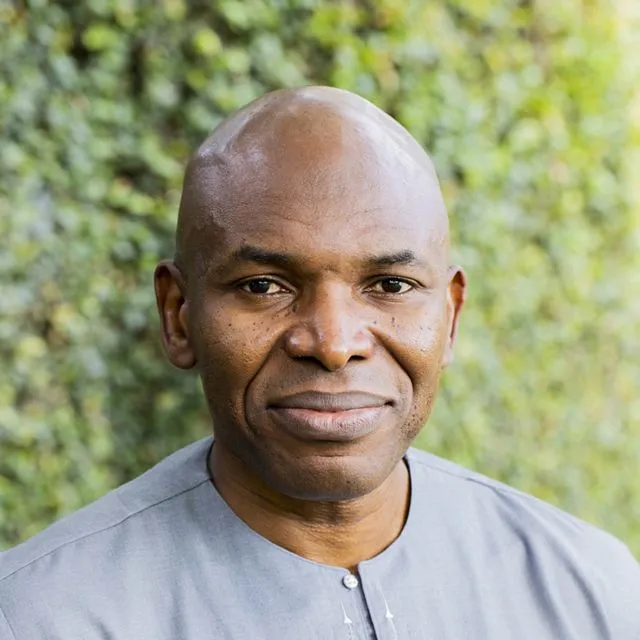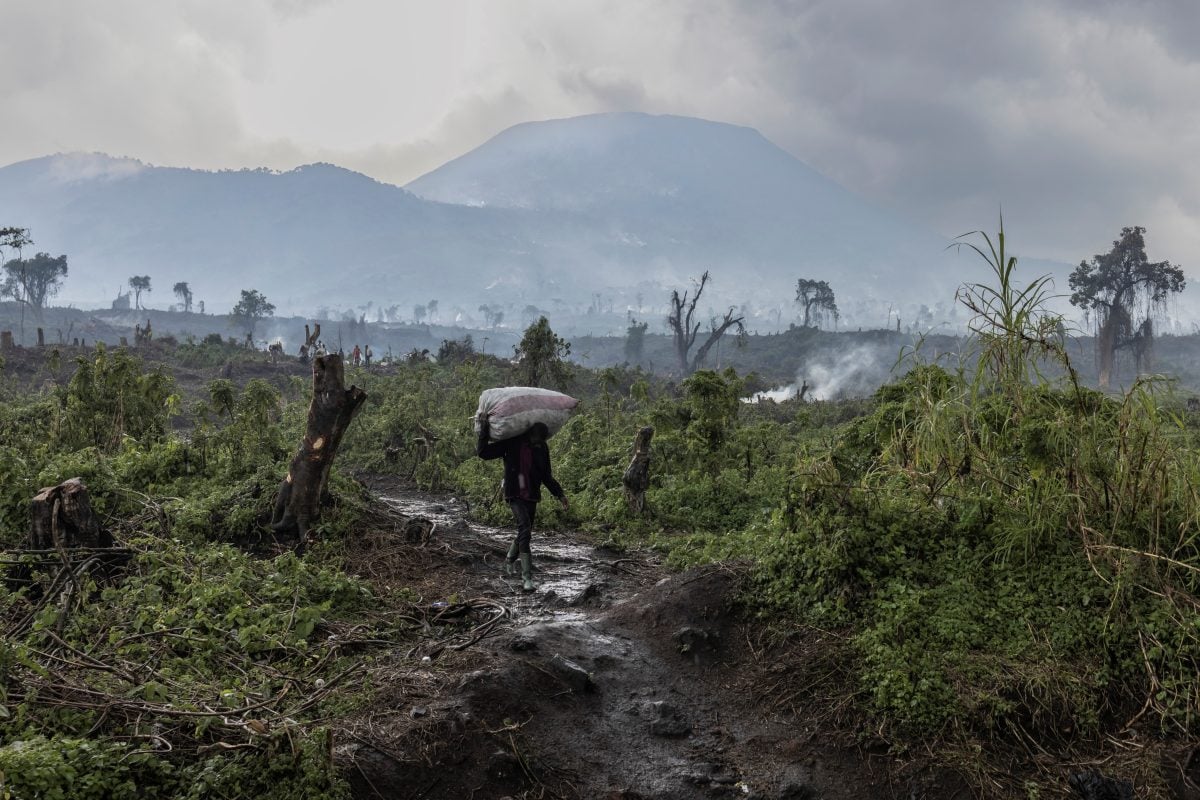In December 2022, the world came together in Montreal for what many have called the “Paris moment for nature”. The adoption of the Global Biodiversity Framework (GBF) at COP15 was a historic achievement, setting ambitious targets for protecting nature and promoting sustainable practices. Yet, at COP16, we must ask ourselves: what has been done since? Are we truly on track to deliver on our promises, or will this remain just another document gathering dust?
For Africa, the answer hinges on the urgent adoption and implementation of National Biodiversity Strategies and Action Plans (NBSAPs). These are crucial for global biodiversity conservation. They set out a country’s plan for how it will protect and restore nature. While many nations have made strides in developing national targets aligned with the Global Biodiversity Framework, the pace at which African countries are domesticating these targets and incorporating them into national policies has been inconsistent. As it stands, only about half of African nations have revised their plans to align with the global framework – a crucial step towards making these international commitments a reality.
Biodiversity loss is not an abstract concept for Africa; it is a daily crisis that affects our food security, water resources, and even our national economies. It is time to recognise that the fight to protect biodiversity is also a fight for economic resilience, human rights and national security. Implementing these crucial plans is not just an environmental imperative – it is an economic one and lays the groundwork for a future that is not only ecologically sustainable but also economically prosperous.
Developing and implementing these National Biodiversity Strategies and Action Plans might seem like an overwhelming task or a burden. Rather, it is an opportunity to harness the economic potential of Africa’s natural resources in a sustainable way. Many of the challenges facing African countries – such as soaring sovereign debt burdens, financial constraints or lack of technical expertise – can be overcome with the right partnerships and strategies. One effective approach is leveraging existing regional cooperation frameworks, like the African Union’s Agenda 2063, which already emphasises sustainable development and environmental conservation. Partners like our organization, The Nature Conservancy (TNC), can offer expertise and means to support the design and delivery of the plans.
Additionally, there are numerous examples of countries successfully implementing strategies to protect biodiversity with relatively simple measures, which bring benefits beyond simply conserving nature. Consider the example of water funds, a TNC innovation, across Africa. By investing in the protection of water catchment areas, countries like Kenya and South Africa have been able to secure water supplies for both urban and rural populations, while also creating jobs in conservation, promoting regenerative agriculture and restoring critical ecosystems. This approach has brought together private companies, local governments, and communities to work towards a common goal – demonstrating that investing in nature can benefit all stakeholders.
Similarly, carbon markets present another opportunity for African countries to benefit economically from biodiversity conservation. By protecting forests and other carbon-rich ecosystems, countries can generate high integrity carbon credits that can be sold to international buyers, providing much-needed revenue for further conservation efforts and community development.
The economic case for implementing NBSAPs is clear. Nature is not just a resource to be exploited; it is an asset that can generate significant returns if managed sustainably. Investments in biodiversity can lead to job creation, increased tourism revenue, and improved agricultural productivity. The costs of inaction are far greater than the costs of implementing NBSAPs. Failing to protect biodiversity will lead to increased vulnerability to climate change, food insecurity, and economic instability. On the other hand, proactive investment in biodiversity can unlock new economic opportunities and build resilience.
The private sector also has a crucial role to play in this journey. By integrating biodiversity into their business models, companies can not only mitigate risks but also open up new avenues for growth. For instance, businesses that rely on natural resources – such as agriculture and tourism – stand to benefit immensely from healthier ecosystems. Governments can encourage this by creating incentives for companies to invest in nature-positive initiatives, such as tax breaks or access to green finance.
At COP16, of the Convention on Biological Diversity (CBD) in Cali, Colombia this October, it is time for African leaders to step up and show that we are serious about protecting our natural heritage. Investing in nature is not just about meeting international obligations; it is about securing a future where African nations can thrive. The adoption of these crucial strategies and action plans is the first step towards turning the promises of the Global Biodiversity Framework into reality. Make the task easier by leveraging support on offer from non-state partners like TNC.
The message is simple: implementing these plans is not a luxury; it is a necessity. It is a pathway to prosperity, resilience, and sustainability. African governments must act now to create and implement these plans, not only to fulfill international promises, but to secure a future where Africa thrives – economically, environmentally and socially. The time for action is not tomorrow; it is today.
Want to continue reading? Subscribe today.
You've read all your free articles for this month! Subscribe now to enjoy full access to our content.
Digital Monthly
£8.00 / month
Receive full unlimited access to our articles, opinions, podcasts and more.
Digital Yearly
£70.00 / year
Our best value offer - save £26 and gain access to all of our digital content for an entire year!

 Sign in with Google
Sign in with Google 



